Jump to a section
10 min read
Why is my medication causing my constipation ?
It can be frustrating when you feel the urge to get relief but can't seem to go. If you’ve reviewed your diet, lifestyle, stress levels, and you still can’t seem to find the root cause of your constipation, consider whether medication side effects are causing your symptoms. It’s important to talk to your doctor or pharmacist if you think your constipation may be related to medication. Don’t stop taking your medication without first seeking the advice of a healthcare professional.
Antidepressants
A lot of antidepressants that treat the nerve endings in the brain also affect nerve endings in the gut. That can lead to significant side effects, which can include constipation.
Opioids
The narcotic effect of strong pain medication, such as opioids, can cause the nerves in the gut to slow down tremendously, inhibiting bowel movement which leads to constipation.
Calcium-channel blockers
You may recognize this medication type if you suffer from high blood pressure. Their objective is to relax the muscles in blood vessels to lower blood pressure – but, one of their side effects is that they can also relax the muscles in the gut and may cause constipation
Anticholinergics (for urinary incontinence)
These medications block the effects of acetylcholine, a chemical that helps the muscles move. By blocking the action of that chemical, less movement in the muscles also includes the muscle that are in the gut – which can lead to constipation.
What medication can cause constipation ?
Here are the most common culprits:
.png)
Tips and tricks to get relief
You may be on a specific medication that is causing your constipation – and if that is the case, it doesn’t make you helpless. With the help of your doctor, you can act on it and work together to prevent future bouts of constipation.
Seek help from your healthcare professional
If you are suffering from occasional constipation that you think is related to your medication, please seek advice from your doctor or pharmacist.
Remember: You should never change or stop prescribed medications without talking to a healthcare professional first.
DulcoLax® family of products
Occasional constipation is a common condition with a wide range of possible causes. We know how unpredictable and frustrating constipation can be, so we are here to help identify the possible causes and teach you how to address them.
Stay informed
Occasional constipation is a common condition with a wide range of possible causes. We know how unpredictable and frustrating constipation can be, so we are here to help identify the possible causes and teach you how to address them.
- Cleveland Clinic. Constipation: Symptoms, Causes, Treatment & Prevention. July 11th, 2019. Available at: https://my.clevelandclinic.org/health/diseases/4059-constipation
- Canadian Digestive Health Foundation. Understanding the Prevalence and Impact of Constipation in Canada A Special Report from the CDHF. February 2014
- Harvard Health Publishing. Harvard Medical School. What to do when medication makes you constipated. October 22nd, 2019. Available at: https://www.health.harvard.edu/staying-healthy/what-to-do-when-medication-makes-you-constipated
.webp)
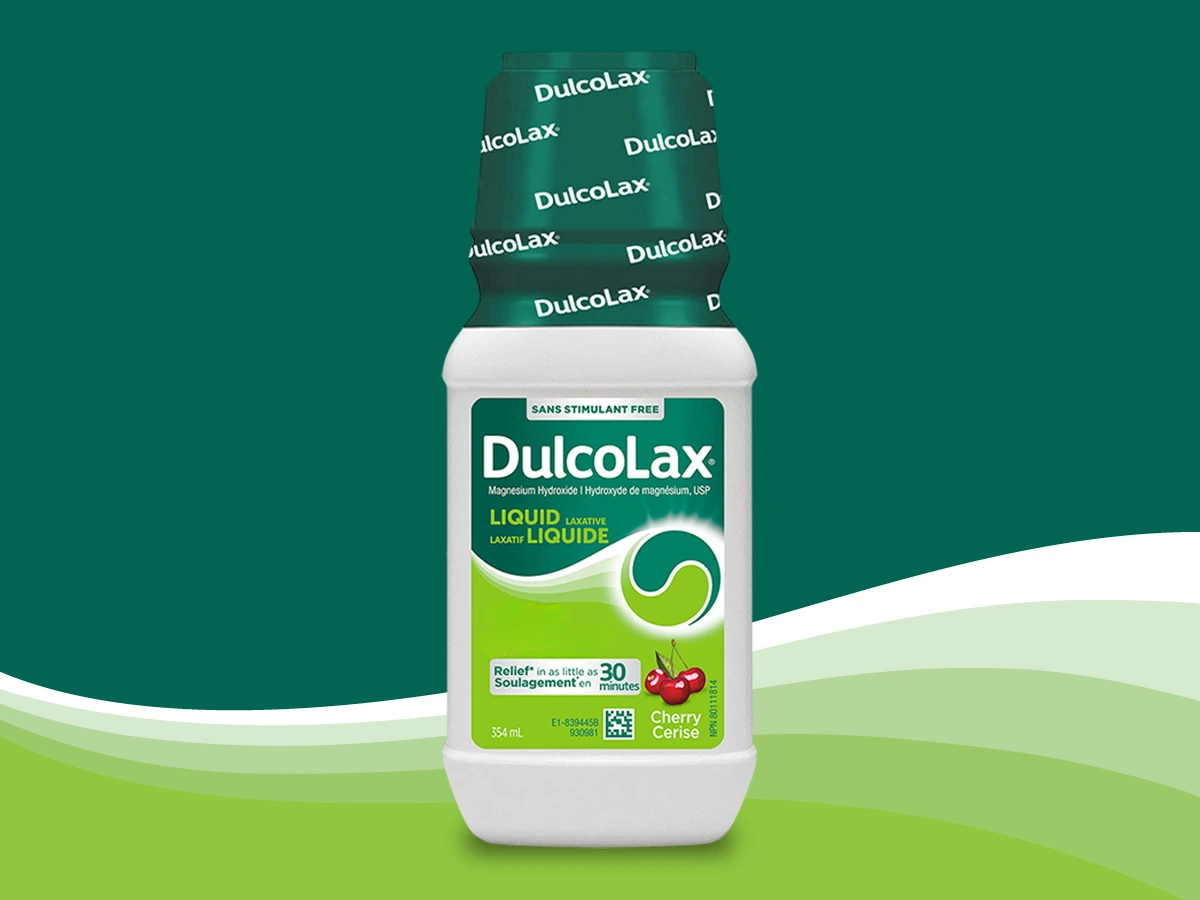

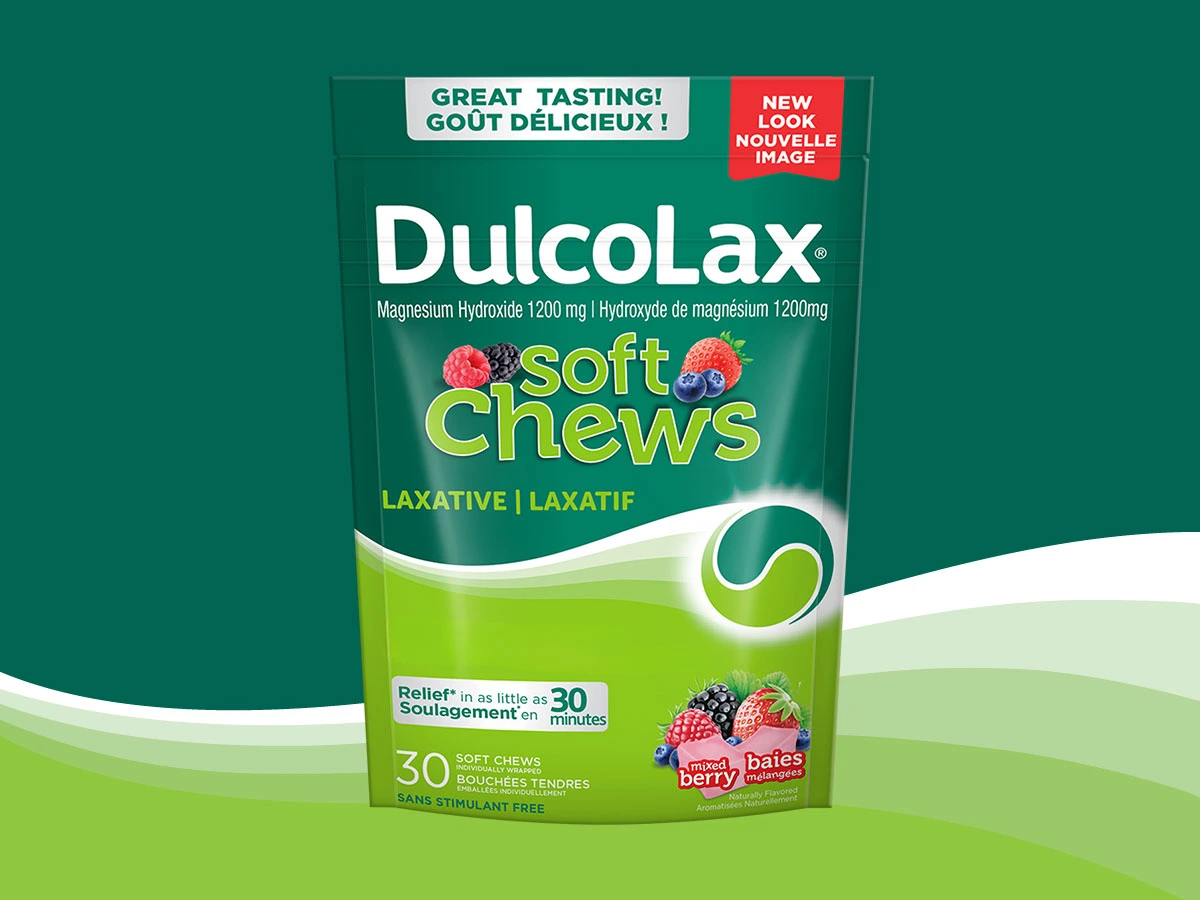
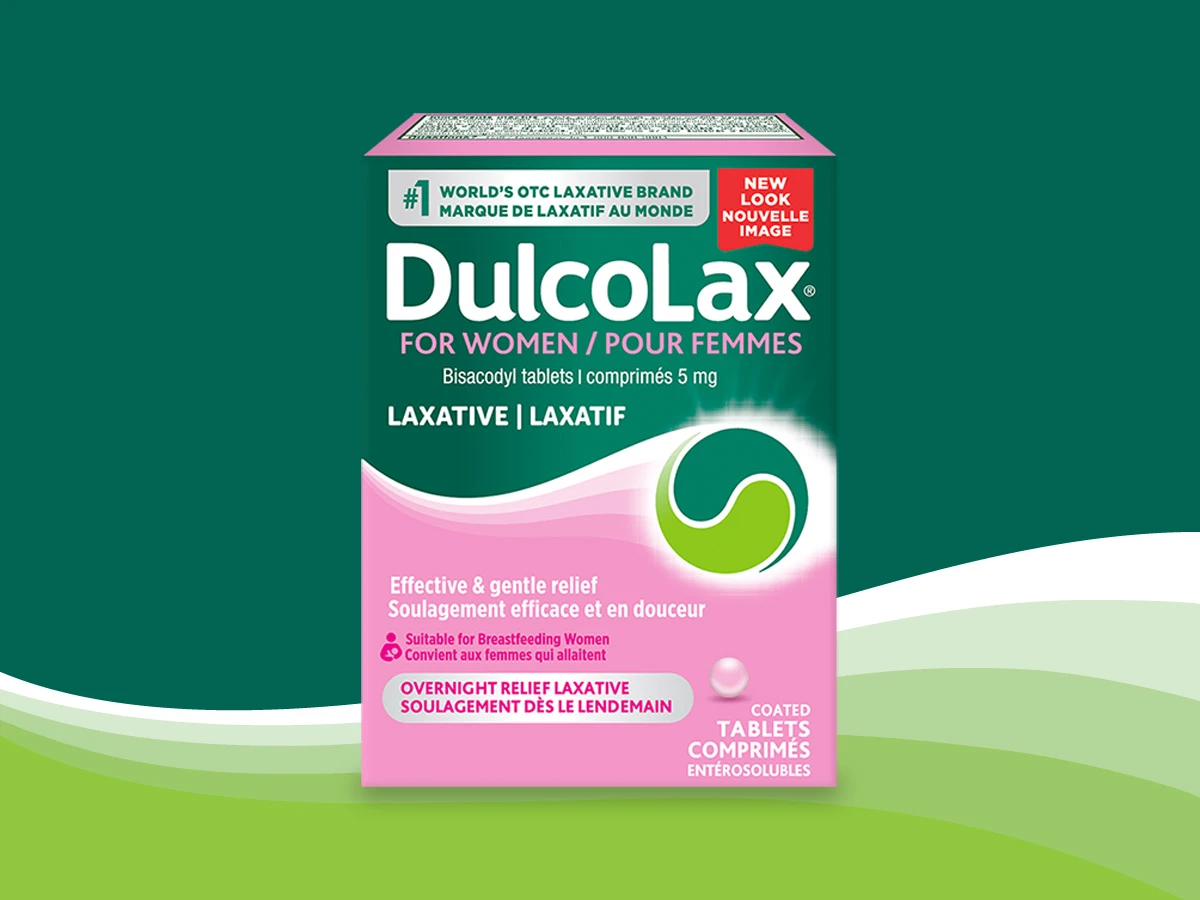
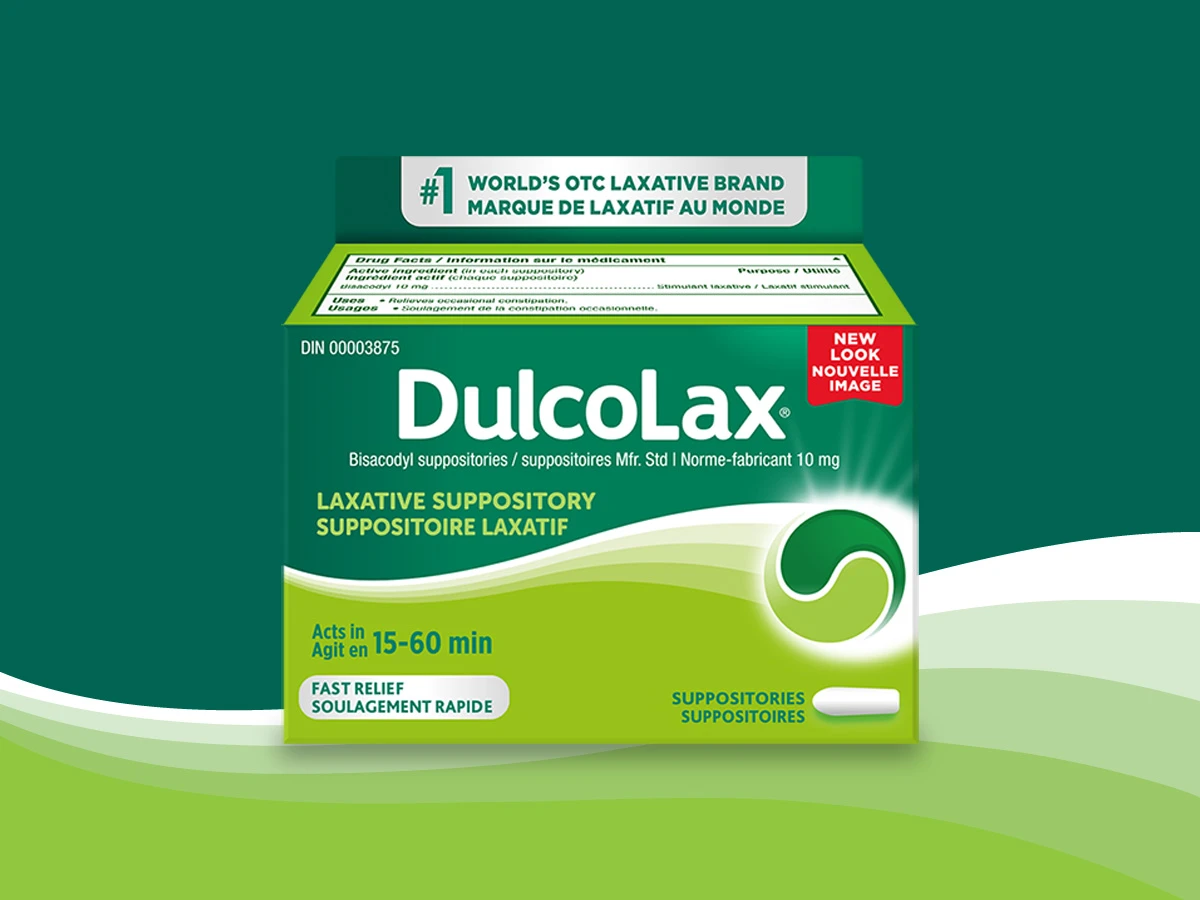
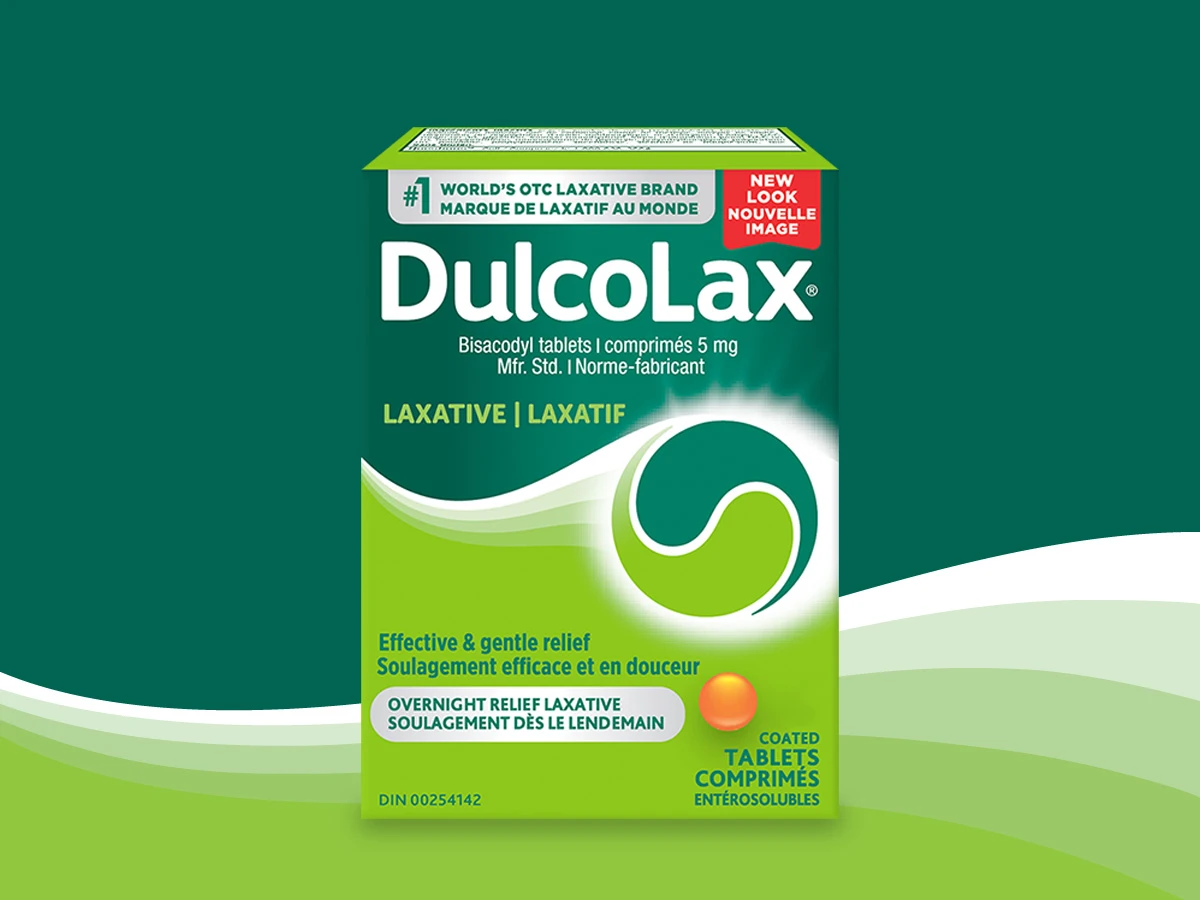
.jpg/jcr:content/32%20(1).jpg)
1-(1).webp/jcr:content/dulco_img_triggercard_travel_583x410%20(1)1%20(1).webp)
-(1).png0/jcr:content/stress1%20(2)%20(1).png)
.jpg/jcr:content/Medication%20IMAGE3%20(1).jpg)
2-(1).png/jcr:content/optimized_9030.webp)